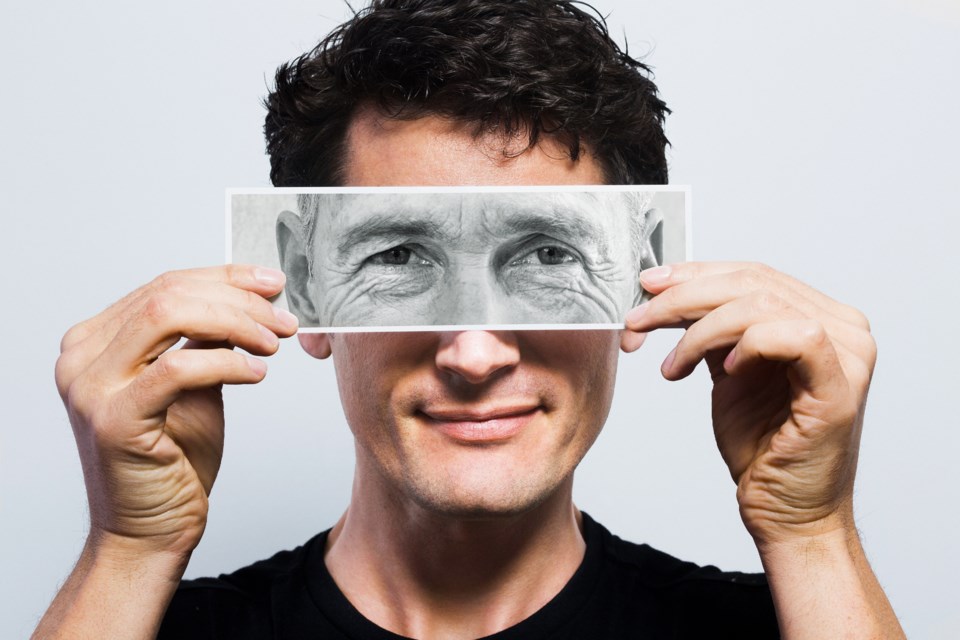Dear Readers: It’s no surprise that a letter-writer discussing euthanasia at 80 vs. living into later years when health issues may be involved, brought a strong reaction. That’s why I’ve included some more reader responses:
FEEDBACK regarding the opinion of a man, 75, whether to choose life or death at 80 (May 24):
Reader 1: “I held my breath for your answer, since I could see a certain “logic” in the man’s point of view. I guess it hit closer than I wanted it to!
“Your answer was perfect. Not only did you offer solid considerations, you clarified the reasons why it’s a truly selfish and depressed thought.
“You helped so many, including myself, see the positives in enjoying what we have instead of dwelling on the negatives of the unknown. Thanks for the wakeup!”
Reader 2: “I agree with the letter-writer. If he chooses an assisted death, it should be his choice, whether he’s in perfect health, as he seems to indicate, or suffering from issues such as macular degeneration, or other old-age issues.
“Our bodies should be ours to control, and like a party, it’s better to leave when it’s still fun. This is not selfish, it is gracious.”
Reader 3: “The life of a person primarily affects oneself.
“Sacrifice your own happiness to the happiness of others? If we all did this, it would, by definition, minimize the global happiness of the world’s inhabitants.
“I try not to be judgemental of others. In your case, I’ve failed. I’ve wished often enough (out of emotional suffering) for my own death. So, your column truly bugged me.”
Ellie — Assisted suicide is known in Canada as Medical Assistance in Suicide (MAID), i.e., suicide undertaken with the aid of another person.
The term usually refers to physician-assisted suicide (PAS), involving assistance by a physician or other healthcare provider.
In Canada, existing safeguards are maintained and, in some cases, eased for eligible persons whose natural death is reasonably foreseeable.
Reader’s Commentary regarding the 37-year-old woman’s bullying father and his effect on her (May 20):
“I, too, had a bully for a father. When I was a child, I thought he was normal and accepted his ways. When a little older, I recognized he was a bully and stayed out of his way. But at 40, I changed my career and achieved my Early Childhood Education diploma.
“I learned how important positive feedback, praise, and encouragement are to give children a solid grounding and sense of self-worth. It helped me understand that, when my dad was two-years-old and his mother spent five years in a sanatorium for tuberculosis, that was a huge life change and hardship for him. For any child to lose his mother’s love and affection, and be left with a very strict father lacking affection/praise, or encouragement. I really understood why my dad was a bully.”
Ellie — Thanks to this writer for advising the woman to look back at her own father’s upbringing, childhood and possible challenges that shaped him. Yes, he’s a grown man and should know better. But she’s an adult and should try standing her ground, confront him, and say she won’t stand for it anymore. When you stand up to a bully, they tend to respect you a little more and hesitate to bully as hard.
Dear Ellie: Every week, I look forward to my one day off. Aside from household chores and any appointments, I make a weekly phone call with my adult daughter, 29, who lives five hours away.
Sadly, many of those conversations end in bickering, and sometimes in serious arguments. She’s an adult but still winds me up with complaints about something I have or haven’t done.
I think she’ll never forgive me for my divorce, though she doesn’t love her father — my ex — any more than I did when we split.
How do we move toward an amicable mother/daughter relationship?
Frustrated But Loving Mom
Don’t react. If she mentions her father, listen and also acknowledge her complaint, i.e. “Yes, divorce can be very tough on children and hard on their partners, too.”
Don’t express guilt for the past, comfort her when it’s needed, and say you’re proud of how she’s doing at… (whatever). Don’t linger long. End the conversation on a positive note.
Ellie’s tip of the day
Deciding end-of-life issues, within the current laws that legally allow assisted suicide, are a person’s right. Healthy seniors should also consider all the factors that affect their ultimate decision.
Send relationship questions to [email protected].





